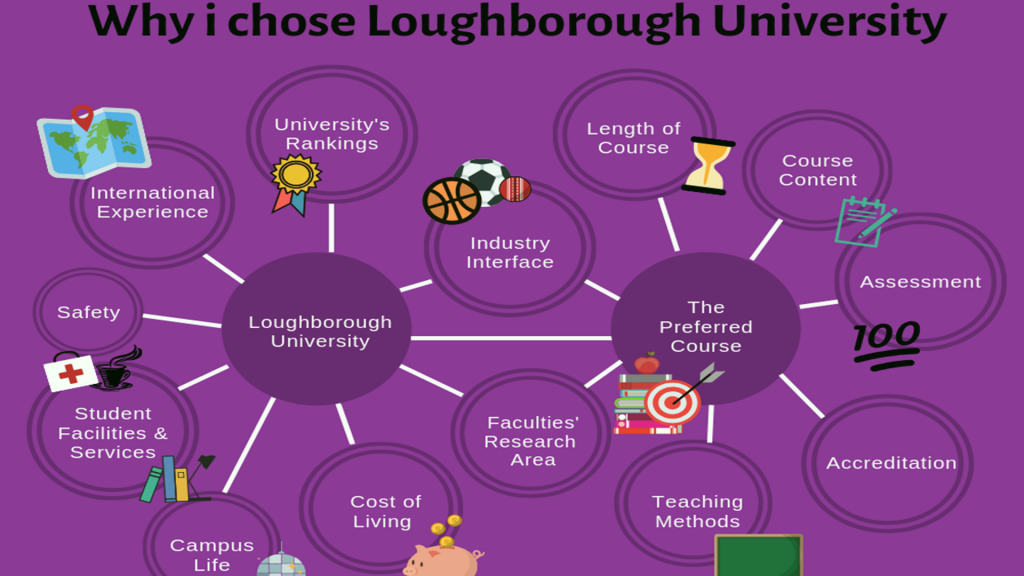‘Does a Master’s really matter?’: Busting the basic stereotypes associated with Master’s Degrees
A couple of years ago, if someone had suggested pursuing a Master’s, I would have said “as if!”. Had they said a double Master’s, I would have been bemused by the ‘joke’.
But, over the years my perception about Higher Education has – fortunately – changed, and I have realised its value and importance.
I hope this blog helps you decide on whether a Master’s is important for you.
Why choose a Master’s?
Since I was passionate about sport from a young age, it began to prime my interest in the impact of the social continuum on athletic performance, as well as the benefits of both sport and exercise. These have inspired me to pursue my career in Sport & Exercise Psychology.
During High School, I knew little about what it takes to be a Sport & Exercise Psychologist. As I unravelled the truth about the lengthy and complicated procedure, I came to accept that this journey is going to be a challenging and an exciting one.
I knew that I would require much more than a Master’s degree (preferably an accredited one – that is a professional course like M.Phil, ProfDoc., Ph.D, etc.) with practical experience/s complimenting and furthering it.
Due to Sport Psychology being still in its nascent stage, and subsequently having limited professionally-accredited courses, I opted for the longer route of acquiring a Master’s in Psychology first and then pursuing my second Master’s in my area of interest to clear the ethical standards needed by a professional.
Choosing a University
Since the course was decided, the challenge was to understand which University would be perfect for me, why and how.
My decision of doing both my Master’s was often questioned – “How will this help you in getting a job”; while I have also heard some people experience the other stereotype – “Do you want to be a researcher”.
However, doing a Master’s helps in establishing a much-needed and strong theoretical foundation, and in many cases ensures sound practical experiences for any career by networking-collaborating with professionals, working as a trainee, etc.

Therefore, in order to make the slightest of significant contribution to your field – be it professionally or academically – having an in-depth or specialised knowledge is imperative. Also, the constant reading, researching and working help in developing your niche within the field. For instance, after my Master’s, I have few focus areas, which I would like to explore further as a professional.
While pursuing a career in research the chosen path will differ slightly, but higher education will increase the chances of getting a promising and rewarding job.
Dispelling the stereotypes
Other common stereotypes that often appear (especially in the case of international students) is ‘living outside home means you will never return’ and ‘staying alone equals to constant partying’. Well, I always have a tough task controlling my laughter when I hear these two, since they are not necessarily true, and differ according to the individual!
As per never returning home, what is important is the goal of the individual. For instance, during my research for the university and course, I came across the University’s alumni page, which revealed the various people who had made it big in their careers after a degree, irrespective of which country they worked in. So, if one gets a job in the home country or away, what matters is it should be in alignment with what they want and are happy with it.
Finally, for the last stereotype, I have been here at Loughborough for a little over six months now and whilst I (and speaking for most students) do get the fair share of going out, partying and travelling: academia and work do top the priority list. In fact, you should see how busy the Pilkington Library is during the break!
Before I conclude this blog, I would like to say that doing a Master’s is a win-win situation, you are likely to realise what you really want to do only when you explore it – and Master’s gives you that opportunity, at least it did in my case.
So, if you’re keen to pursue your Master’s, you should definitely consider the various factors and start your research.
Student Life
Find out what makes 'The Loughborough Experience' by reading our student blogs.